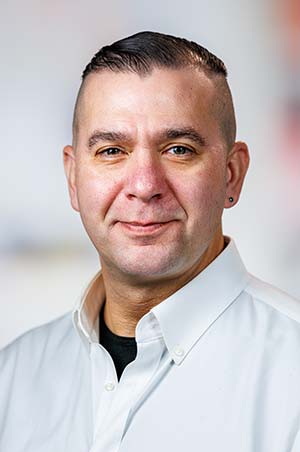Lonnie A. Nelson, PhD
Professor, Cancer Prevention Program
Public Health Sciences Division, Fred Hutch
Faculty Lead
Indigenous Cancer Health Equity Initiative, Fred Hutch
Dr. Lonnie A. Nelson is a neuropsychologist focused on understanding and describing health disparities that American Indian and Alaska Native (AI/AN) people experience and improving the health of these communities. A descendent of the Eastern Band of Cherokee Indians, he is the lead researcher for the U19 cooperative agreement research program “CANOE Partnership: Cancer Awareness, Navigation, Outreach and Equitable Indigenous Health Outcomes,” which includes work to promote cessation of commercial tobacco smoking among AI/AN adults, increase lung cancer screening among AI/AN patients, support community-level anti-cancer programs and prepare the next generation of researchers in Indigenous cancer health equity.
His research also includes projects on Alzheimer’s disease and other forms of dementia in AI/AN elders living in urban settings, the links between sleep health and risk for cardiovascular disease, methods to retain patients in medication-assisted treatment of opioid use disorders, suicide prevention and other topics.
Dr. Nelson has expertise in community-based participatory research, a model of research that centers the people affected. He believes that when working with communities in a research context, the most important thing is to remember you are the servant and must follow the directions you get from the community you serve.
Education
Postdoctoral Fellowship, Rehabilitation Neuropsychology, Harborview Medical Center, 2006
PhD, Clinical Psychology, University of Arizona, 2004
MA, Clinical Psychology, University of Arizona, 2000
BA, Psychology, University of Arizona, 1997
Research Focus
Health Disparities among American Indian and Alaska Native people and communities
Aging and Cognition
Health Promotion and Disease Prevention
Behavioral Medicine
Clinical Expertise
Clinical Psychology
Neuropsychology
Rehabilitation Medicine
"When working with communities in a research context, the most important thing is to remember you are the servant and must follow the directions you get from the community you serve."
— Dr. Lonnie Nelson
